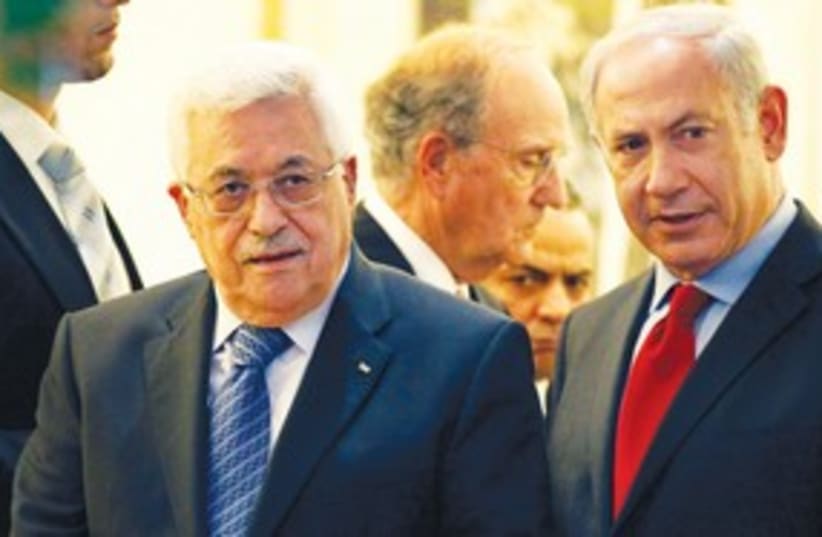The writer served as the legal adviser to the Foreign Ministry and as ambassador to Canada. He is currently a partner in the Tel Aviv law firm of Moshe, Gicelter & Co.
The negotiating process – where do we go from here?
A proposal for a tree-climber’s code of conduct.

The writer served as the legal adviser to the Foreign Ministry and as ambassador to Canada. He is currently a partner in the Tel Aviv law firm of Moshe, Gicelter & Co.